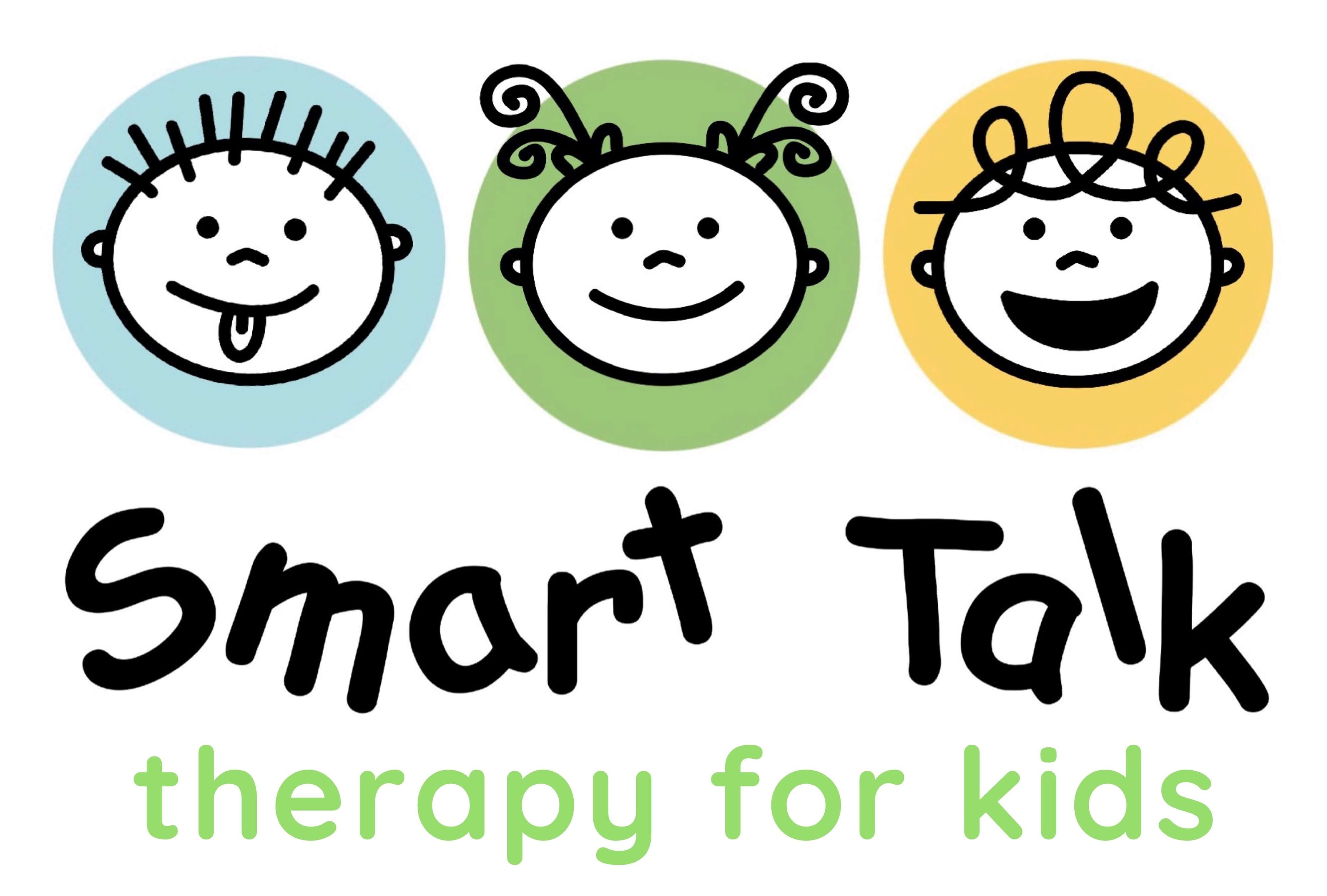Occupational Therapy Services
What is Occupational Therapy?
Occupational Therapy helps children of all ages develop their skills and independence in any daily activity. There are a number of different reasons why learning and playing are difficult for some children, including challenges with motor skills, cognitive skills and sensory processing, to name a few. Your Occupational Therapist can help determine which areas are contributing to difficulties with daily life and develop fun ways of addressing these challenges. Occupational Therapy interventions can take place in clinic sessions or at home, school, daycare…the possibilities are endless!
Mobility around the home and community
Mobility around the home and community can be challenge for children with a range of neurological, physical, cognitive or sensory challenges. Occupational Therapists are skilled in assessing the person and their environment and can provide advice on transfers, positioning and equipment that can assist a child to move around safely and independently.
Sensory processing and regulation
Our sensory systems are based on the nerves that transmit sensory information to the brain. Our brains then interpret this sensory information and formulate a response. Interruptions can occur at any stage of this process, and difficulties with sensory processing are often experienced by children with neurological and neurodevelopmental conditions. Sensory processing difficulties look different in every child and can include:
- Behavioural challenges
- Sleep difficulties
- Problems with, planning, organising, attention and concentration
- Seeking or avoiding sensations in a way that interferes with daily life
- Poor motor skills or difficulty modulating/controlling body during motor tasks
- Difficulty developing communication and social skills
- Restricted mealtime choices
Occupational Therapists can complete comprehensive assessments of sensory processing difficulties, then help children and those around them learn how to correctly identify and recognise their sensations, how to interpret the meaning of these sensations, and how to organise an appropriate response.
Life skills
Occupational Therapists can assess children’s skills in a range of areas, including;
- Self-care
- Daily activities
- Community participation
- Work
- Leisure
- Sleep (infant, toddler, child and adolescent)
Occupational Therapists can also develop therapy programs to strengthen children’s skills in these areas, and also help with environmental modifications to support children in succeeding in these activities.
Fine and gross motor skills
Fine and gross motor skill competence are essential building blocks for participation in all activities. Gross motor skills are our ability to move our bodies in a targeted, coordinated way. Some components of gross motor skills include;
- Strength
- Endurance
- Postural stability
- Balance
- Motor planning
Children with gross motor difficulties may find it difficult to learn new skills, appear clumsy, have low motivation to participate in physical activity or have difficulty completing difficult motor tasks.
Fine motor skills refer to our ability to use the small muscles of our hands to complete manipulation task. Some component tasks of fine motor skills include;
- Hand strength
- Using two hands together (bilateral integration)
- Holding and moving objects and tools (manipulation)
- Moving objects around within the hand (translation)
- Hand dominance
- Hand eye coordination
Children with fine motor difficulties may have problems with handwriting/typing, self-care, eating and appear clumsy with any activity involving the hands.
Visual perception
Visual perceptual skills determine how we make sense of what we can see. They are an essential building block for all visual and visual motor activities. Children who may be experiencing difficulties with visual perception may appear clumsy, have difficulty finding objects, have trouble reading, have difficulty with daily living tasks, such as dressing, teeth brushing etc. Occupational Therapists can complete comprehensive assessments of visual perception and develop programs that address the functional impact of these skill deficits in a playful, fun way.
Behaviour support
Behavioural difficulties are often caused by more than one factor, including but not limited to communication, cognitive, self-regulation and sensory processing difficulties; and mental health challenges. Occupational Therapists form part of a multidisciplinary team to support children through functional assessment of behaviour, and development of a comprehensive plan that involves families and important others, such as educators. Therapy programs can also be developed to target any specific skill areas that are contributing to behavioural difficulties.
Mealtime management
Mealtime difficulties, including restricted food preferences (“fussy eating”) are commonly experienced by children with neurodevelopmental disorders, as well as typically developing children. Occupational Therapists can assist families to plan family mealtimes in a way that make them more enjoyable, with less pressure, whilst taking appropriate steps towards encouraging children to enjoy a wider variety of foods.
Play and social skills
Play is an important and highly complex activity children undertake to learn and grow. Play skills influence many other areas of development, including social skills, emotional regulation, language skills and cognitive skills. Children who are experiencing difficulties with play may be seen to avoid playing with peers, have difficulty knowing how to start playing or join in, may engage in repetitive play, have difficulty understanding rules, disrupt games, and may not have many friends.
Occupational Therapy not only supports the development of age appropriate play skills, but also uses play as the primary therapeutic medium for developing other skills. We know that practicing skills using play-based interventions results in much faster skill acquisition and generalisation than rote or task orientated learning.
Occupational Therapy can also support children, teens and young adults with learning and applying social skills. In addition to language support provided by speech pathologists, Occupational Therapists can assist with play, self-regulation and executive functioning deficits that may be impacting a child’s social skills.
Cognitive skills
Children require mastery in a range of cognitive skills in order to learn effectively. These skills include;
- Attention
- Memory
- Organisation
- Theory of mind (understanding other’s points of view)
- Self-regulation
- Self-monitoring

